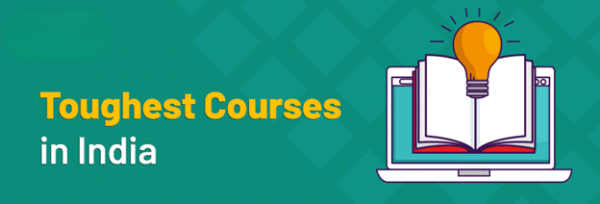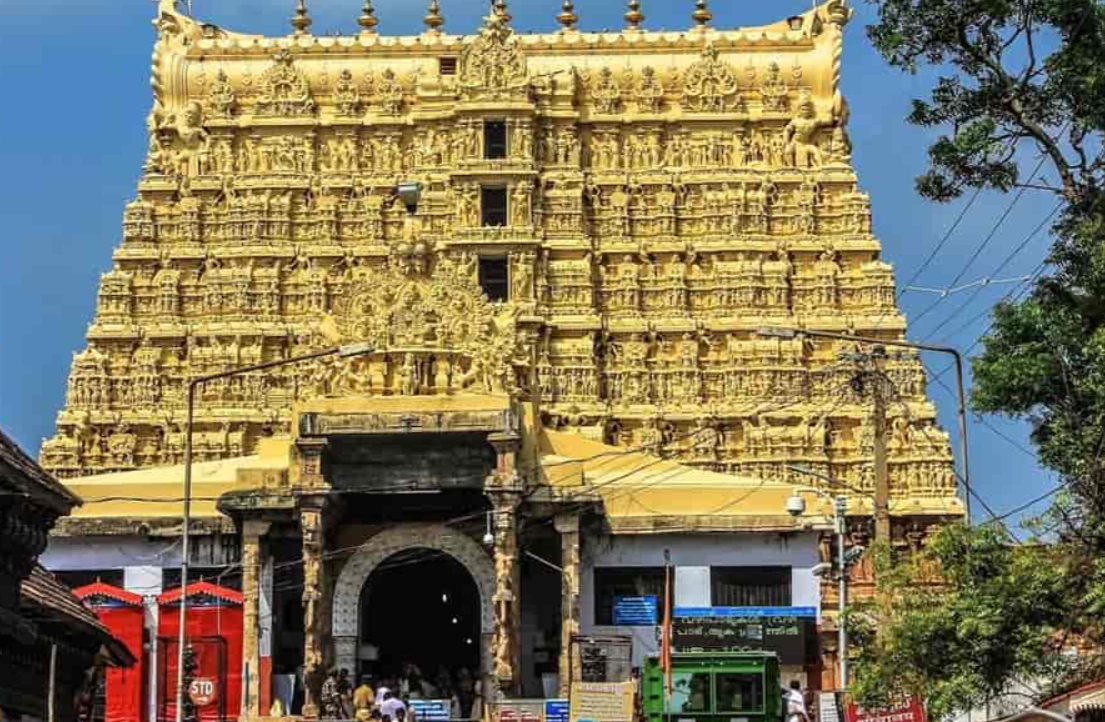In the landscape of higher education in India, some courses stand out not just for their popularity but for their rigorous demands on students’ intellect, perseverance, and dedication. Whether it’s mastering complex theories, tackling competitive exams, or enduring lengthy study periods, these courses push students to their limits. These are indeed some of the toughest courses in India, challenging even the most dedicated learners.
Understanding the Concept of Tough Courses
Defining the toughest courses in India is a multifaceted task. It’s not only about the complexity of the curriculum but also about the competitive nature of entrance exams, the depth of understanding required, and the career prospects that follow graduation. While many technical courses lead the way due to their practical applications and evolving nature, personal interest and dedication also play crucial roles. What may seem tough to one student could be an exciting challenge for another.
This article explores the top 10 toughest courses in India as of 2024.
Top 10 Toughest Courses in India

1. Medicine
Course Overview: MBBS (Bachelor of Medicine and Bachelor of Surgery)
Duration: 5.5 years
Medicine remains one of the most competitive and strenuous courses in India. To enter this field, students must pass NEET (National Eligibility cum Entrance Test), a highly competitive examination with a vast syllabus covering biology, physics, and chemistry. The preparation for NEET is exhaustive, and once admitted to a medical college, students undergo rigorous training that includes both theoretical knowledge and practical experience in clinical settings. The pressure intensifies with specialization, extending the time and effort required in the field.
2. Chartered Accountancy (CA)
Course Overview: CA Foundation, CA Intermediate, CA Final
Duration: 3-4 years
Becoming a Chartered Accountant in India involves passing three challenging exams over several years. The curriculum covers complex financial concepts and principles, including accounting guidelines, tax issues, auditing, and business law. The intermediate and final exams are known for their difficulty and low pass rates, reflecting the high standards expected of Chartered Accountants in the financial sector.
3. Engineering
Course Overview: Bachelor of Technology (B.Tech)
Duration: 4 years
Engineering courses, particularly those offered by premier institutes like the IITs, are renowned for their challenging curriculum and competitive entrance examinations such as JEE Main and JEE Advanced. Students explore subjects ranging from mathematics and physics to specialized engineering disciplines like computer science and mechanical engineering. The inclusion of practical projects and internships adds to the workload, preparing engineers for a wide range of challenges.
4. MBA (Master of Business Administration)
Course Overview: MBA
Duration: 2 years
An MBA from a reputed institution opens doors to lucrative management careers but demands significant dedication. The course covers various areas, including finance, marketing, operations, and human resources. Students must analyze complex business scenarios and make strategic decisions. The admission process is highly competitive, with entrance exams like CAT and GMAT testing analytical, quantitative, and general knowledge skills.
5. Architecture
Course Overview: Bachelor of Architecture (B.Arch)
Duration: 5 years
Architecture blends artistic creativity with technical precision, making it a challenging study program. This course involves learning design theories, building construction techniques, environmental sustainable development, and urban planning. Entrance exams like NATA (National Aptitude Test in Architecture) assess candidates’ aptitude in spatial awareness, aesthetic sensitivity, and critical thinking. Studio-based learning prepares students for innovative and practical design solutions.
6. Law
Course Overview: Bachelor of Legislative Law (LLB)
Duration: 3 years (after graduation)
Legal education requires quick thinking, analytical reasoning, and a deep understanding of legal frameworks. Students study a wide range of subjects, including constitutional law, criminal law, and international law, with an emphasis on case studies and legal precedents. The competitive nature of law school entrance exams reflects the high academic standards required for this profession.
7. Civil Services
Course Overview: UPSC Civil Services Examination
Duration: Variable (based on clearing all three stages)
The UPSC Civil Services Examination is one of India’s most challenging courses, conducted by the Union Public Service Commission. It selects candidates for prestigious positions such as IAS, IPS, and IFS. The exam consists of preliminary, mains, and an interview, each testing a diverse range of subjects, from current affairs and history to governance. The vast syllabus and low selection rate highlight the exam’s demanding nature.
8. Pharmacy
Course Overview: Bachelor of Pharmacy (B.Pharm)
Duration: 4 years
Pharmacy is among the toughest courses in India due to its combination of scientific knowledge and practical application in drug development and healthcare. The curriculum includes subjects like pharmaceutical organic and inorganic chemistry, as well as practical training in pharmacies and healthcare institutions. This prepares students for careers in research, clinical practice, and pharmaceutical sales.
9. Master of Philosophy (M.Phil)
Course Overview: M.Phil
Duration: 2 years
M.Phil courses focus on research and critical analysis in chosen academic fields, paving the way for further doctoral studies. Students conduct independent research, prepare a thesis, and defend it before a panel. Admission often requires passing examinations like GATE (Graduate Aptitude Test in Engineering) or university-specific entrance tests, underscoring the academic and research skill requirements.
10. Psychology
Course Overview: Bachelor of Arts (BA) or Bachelor of Science (BSc) in Psychology
Duration: 3 years
Psychology involves the study of human behavior, cognition, and emotions, requiring students to master various psychological theories and research methods. The curriculum includes clinical psychology, social psychology, and neuropsychology, demanding empathy, ethical awareness, and analytical skills. Practical training through internships and research projects complements theoretical learning, preparing students for careers in counseling, research, or clinical practice.
Conclusion
Choosing a tough course in India is about more than just academic challenges; it’s about aligning personal interests with career aspirations. Each of these top 10 toughest courses demands dedication, perseverance, and a passion for learning. Graduates from these programs are prepared for rewarding careers in their respective fields, having navigated some of the most rigorous educational paths available.



